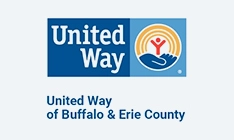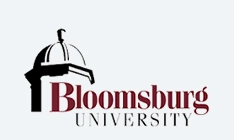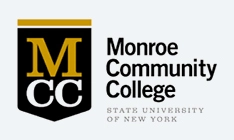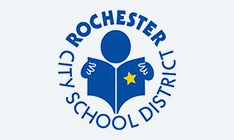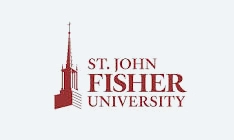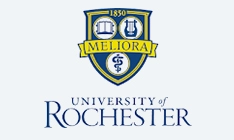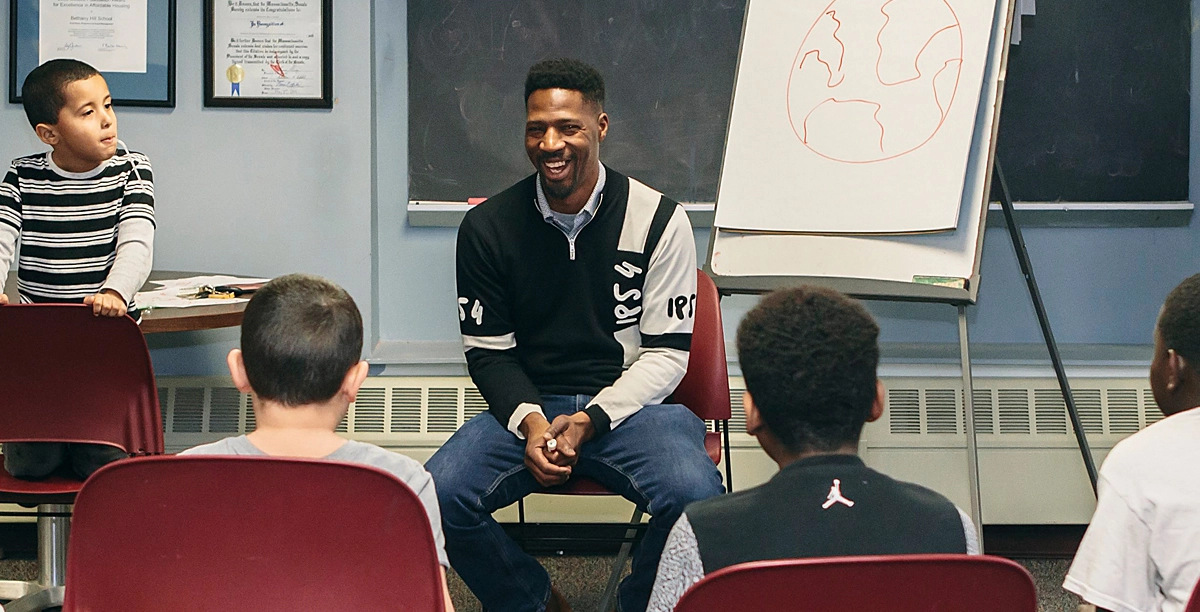
Educational systems from preschool through graduate school are continuously evaluating their operations to see how they can improve. CGR supports these efforts through key constituent engagement and consulting services that address specific needs. For example, we work with clients seeking to effect change to clearly define their program logic model or theory of change and then devise practical and feasible strategies to measure implementation and impact. We provide data-driven, systematic analysis to inform key decisions, mixing quantitative and qualitative methods as circumstances demand. We also work alongside our clients and community members, including students and parents, to help set priorities, determine pressing needs and balance competing priorities.
Featured Work
Creating a Coordinated and Equitable Out-of-School-Time System
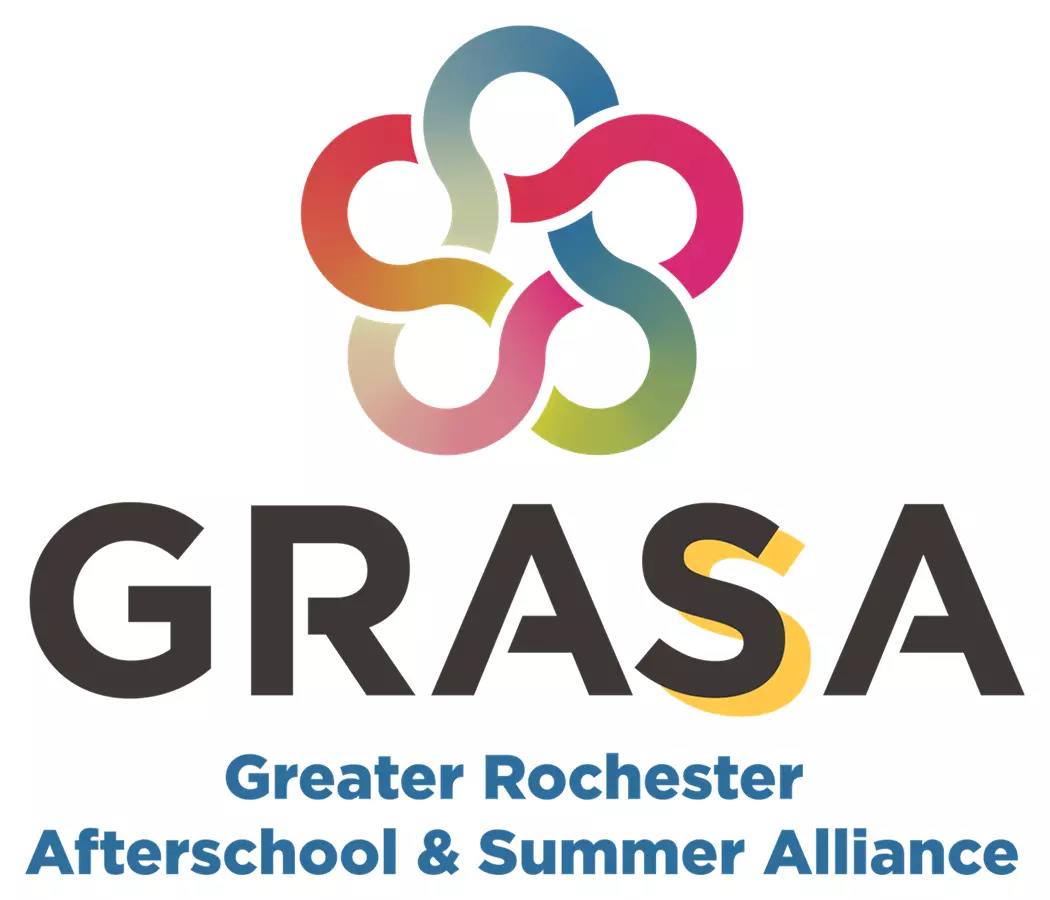
How to increase equity within and accessibility of out-of-school time (OST) programs for youth was the focus of a 2-year project that CGR, in partnership with RAND Corp., conducted for the Greater Rochester Afterschool & Summer Alliance (GRASA). The project included a local and national scan of OST systems, and a process to design a more coordinated, accessible and equitable system. We focused on a community-centered approach, beginning with the creation of a Community Advisory Group including youth and parents that participated in the project throughout its 2-year duration and including the development of a Community-Based Participatory Research Subgroup, which took part in designing and conducting local research. The project incorporated input and data from 150 youth, 200 parents, about 50 program providers, and was informed by lessons from OST organizations in 10 cities. This project concluded with a concrete set of priorities and high-level action plan, detailed in the report, that will guide the community over the next four years to make strategic investments in the OST system and work collaboratively to increase equitable access and ensure ample opportunities for children and youth to be productively engaged in the many hours they are not in school.
Full Service Community Schools Evaluation
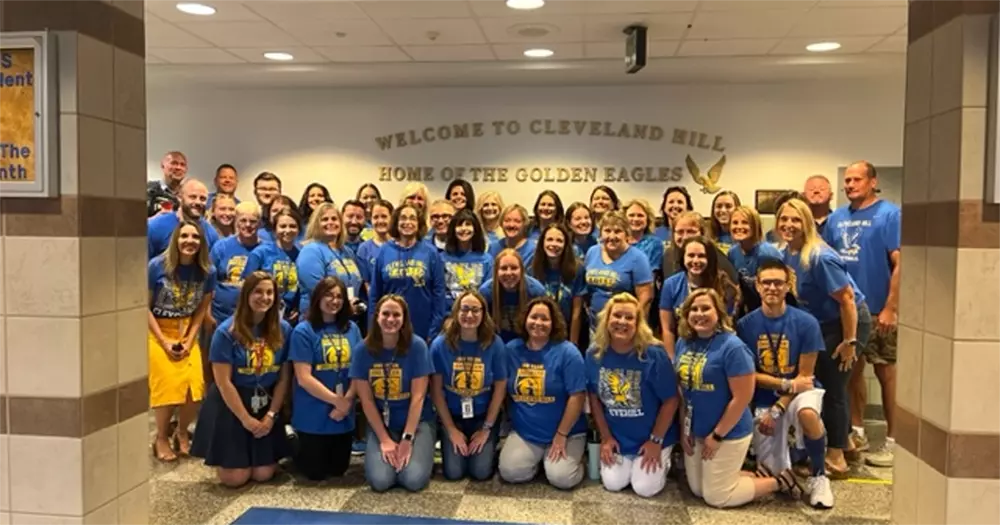
CGR is evaluating the United Way of Buffalo and Erie County’s Full-Service Community Schools program (2020-2025), which provides a variety of student and family supports at two schools in Cleveland Hill Union Free School District located in Cheektowaga, New York. A key focus of this project is to eliminate academic and disciplinary disparities for Black students, English Language Learners and students with disabilities. Our organization was also the evaluator for United Way of Buffalo and Erie County’s Full-Service Community Schools program in two Buffalo, NY, schools from 2018 to 2021.
Monroe Community College Title III Evaluation
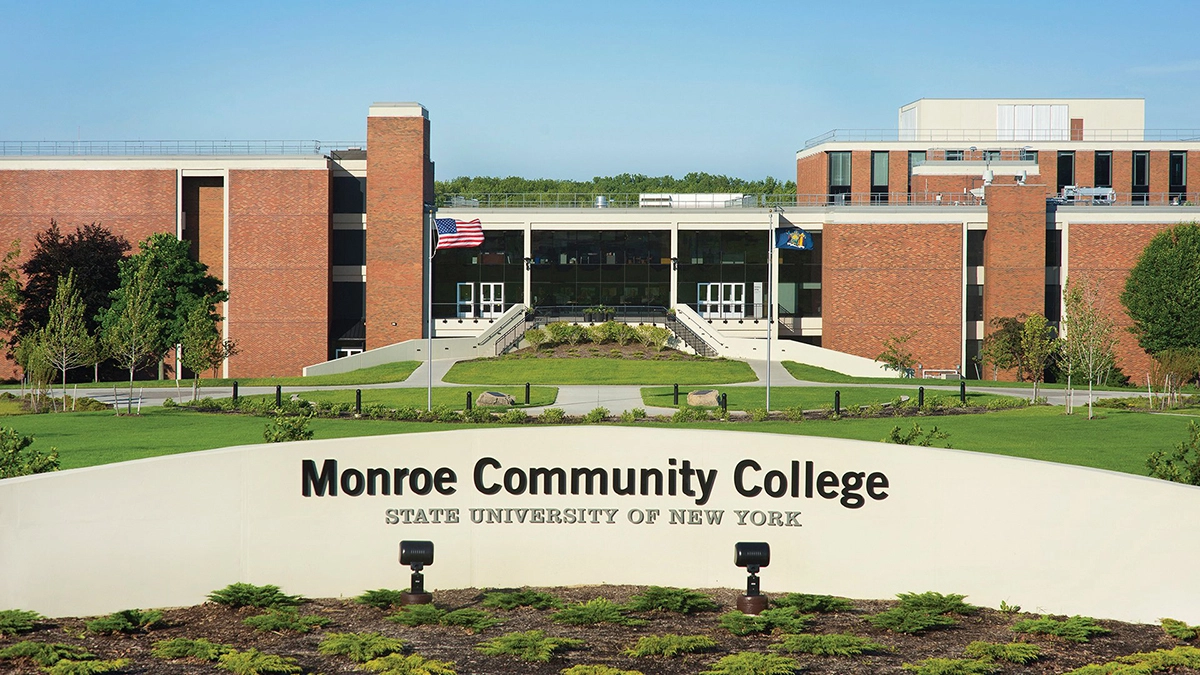
CGR was engaged by Monroe Community College (MCC) to serve as the external evaluator for the federally funded Title III: Advancing Pathways for Partnerships in Learning through Integration of Education and Data (MCC APPLIED) grant (2019-2024). MCC’s Title III grant plan is focused on creating an enhanced advisement system to improve student outcomes. The grant’s goal is the creation of a user-friendly platform available to students, staff and faculty that combines various types of student information previously found in separate applications into a single integrated system. CGR’s evaluation documented continuous implementation progress with all Year 1 – Year 3 program objectives being met despite challenges encountered during Covid-19.
Analysis of Rochester Charter School Data - Key Takeaways

E3 Rochester with funding from the Farash Foundation engaged CGR to analyze the Rochester-area charter schools. One report summarized demographic and academic outcome data for charter schools and compared that to data for the district, state and statewide charter schools. A second report focuses on the charter school pipeline with a neighborhood profile of applicants and type of school they are coming from. It examines both the supply and demand for charter school educational services. For example, CGR analyzes applicant data to understand the percentage of the applicant pool that gets accepted and enrolls in a Rochester charter school.
Priority Charter Schools Evaluation Summary
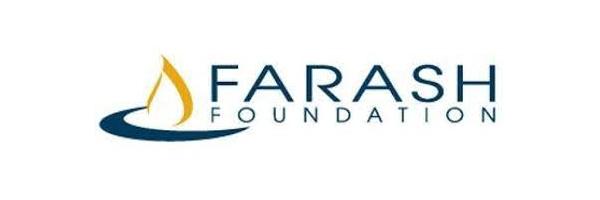
CGR was engaged by the Farash Foundation to complete year two of an evaluation of three Rochester area charter schools receiving funding to improve the quality of educational options in the City of Rochester. CGR collected and analyzed data, assisted with interviews and site visits, and prepared a formatted data collection and visualization tool for the foundation to use on an ongoing basis. The results of the evaluation are used by the Farash Foundation to determine the needs of the three schools studied.
Children First Evaluation, 2015-19
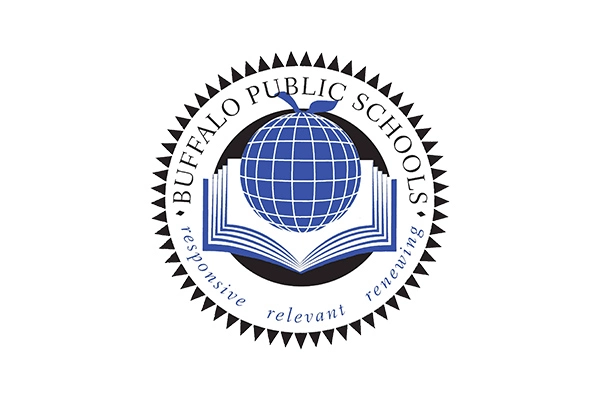
CGR was engaged by The John R. Oishei Foundation and the Health Foundation for Western and Central New York in 2015 to complete a multi-year evaluation of the Children First Scholarship Program. This program provides scholarships to families with children in low-performing schools in the Buffalo City School District, so that these children can attend a private school of their choice in Buffalo and the surrounding areas. The evaluation used state assessment and attendance data as well as program data on attrition and parent and student surveys to assess impact. Positive trends in Year 5 of the evaluation, 2018-19, include that students have improved performance on state assessments and continue to out-perform students in comparison schools. In addition, attrition from the program has slowed, and parents and students are for the most part very positive about their schools and the scholarship program.
Rochester City School District Summer Learning Study
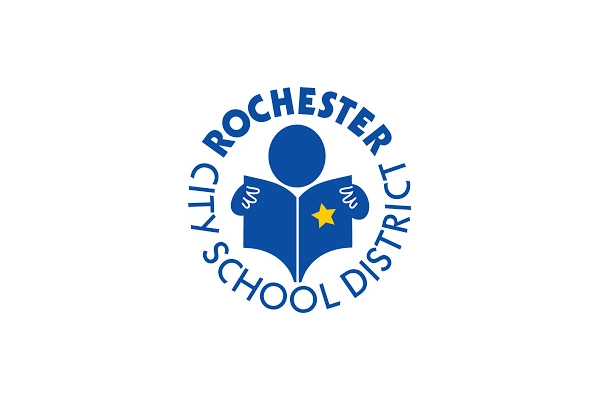
In 2017, CGR was engaged by the Rochester City School District (RCSD) in Rochester, New York, with support from the Wallace Foundation, to investigate, through the use of focus groups of parents and children, the reasons for good and poor student attendance at summer learning programs. CGR created interview protocols and worked with RCSD to design an approach intended to reach about 100 families, including: 1) those whose children attended summer learning programs in 2016 and had high attendance; 2) those who enrolled but had poor attendance; and, 3) those who did not attend any district-affiliated summer learning program. CGR found that factors contributing to attendance included the quality of the program, the mix of academic and non-academic activities, transportation and perceived quality of food served for lunch. Based on the findings, we recommended that the district work to improve parents’ access to information about summer offerings, improve the mix of academic and non-academic activities in some programs, and investigate the quality of programs, as may be needed.






